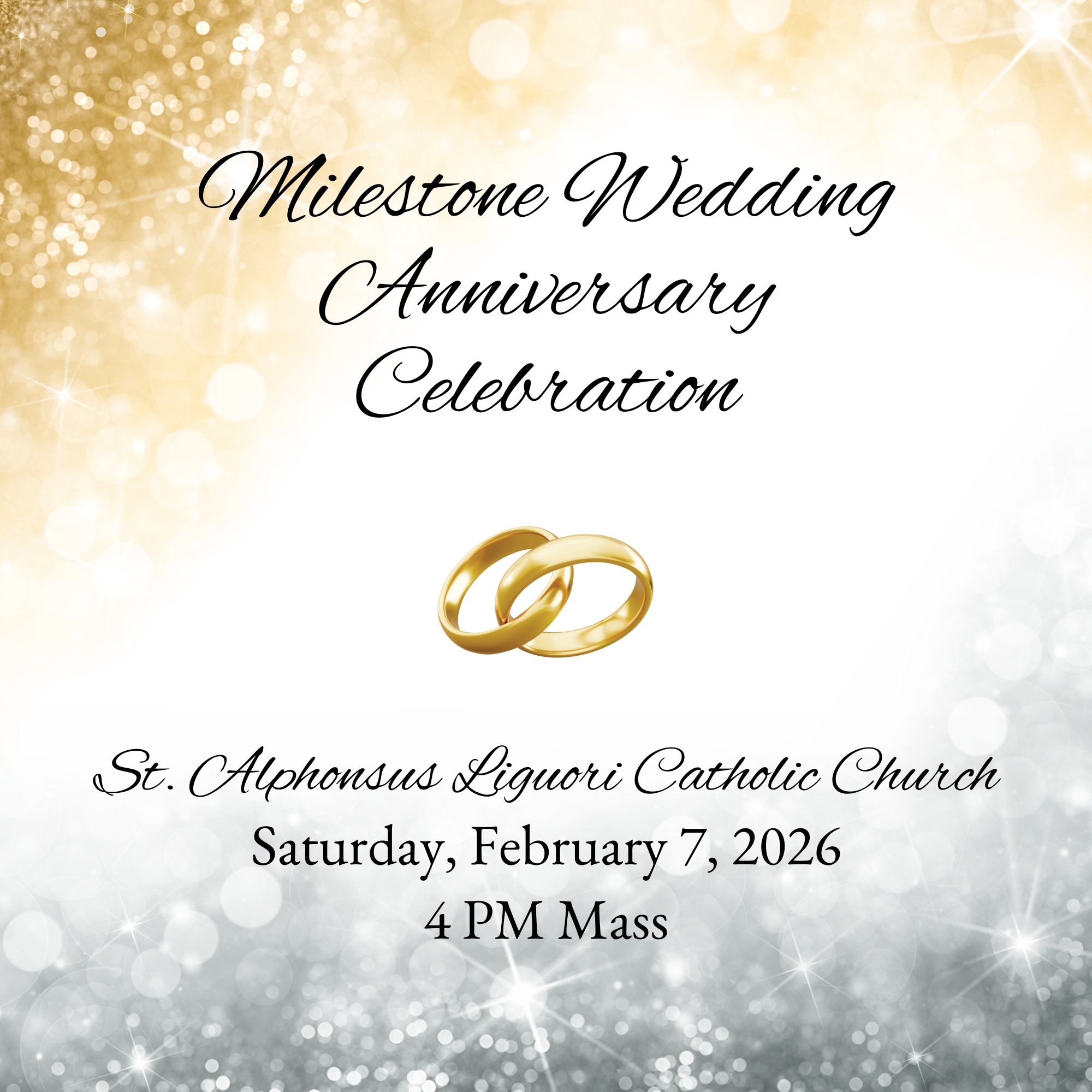Baptism
The origin and foundation of Christian Baptism is Jesus. Before starting his public ministry, Jesus submitted himself to the baptism given by John the Baptist. The waters did not purify him; he cleansed the waters. . . Jesus did not need to be baptized because he was totally faithful to the will of his Father and free from sin. However, he wanted to show his solidarity with human beings in order to reconcile them to the Father. By commanding his disciples to baptize all nations, he established the means by which people would die to sin – Original and actual – and begin to live a new life with God
Learn more about Baptism for children and adults
Reconciliation and Penance
Jesus entrusted the ministry of reconciliation to the Church. The Sacrament of Penance is God's gift to us so that any sin committed after Baptism can be forgiven. In confession we have the opportunity to repent and recover the grace of friendship with God. It is a holy moment in which we place ourselves in His presence and honestly acknowledge our sins, especially mortal sins. With absolution, we are reconciled to God and the Church. The Sacrament helps us stay close to the truth that we cannot live without God. "In Him we live and move and have our being" (Acts 17:28).
Learn more about First Reconciliation
Learn more about Reconciliation Times and Services
Eucharist
The Eucharist, as stated in the Catechism of the Catholic Church, is "the source and summit of the Christian life" (1324). All ecclesiastical ministries, all the Sacraments, and works of the apostolate, are bound up with the Eucharist and are oriented toward it.
Because the Catholic Church was born of the paschal mystery, the Eucharist stands at the center of the life of The Holy Mother Church. Acts 2:42 states, “They devoted themselves to the Apostles’ teaching and fellowship, to the breaking of bread and the prayers” as one very clear indication of the importance of the Eucharist. Carrying on this primordial image of the Catholic Church over the millennia is at every celebration of the Eucharist - for when we partake of the Sacrament of the Eucharist we are spiritually brought back to the paschal Triduum: literally to the events of the evening of Holy Thursday, to the Last Supper and all the glorious events that followed.
Learn more about First Eucharist
Confirmation
The sacrament of confirmation completes the sacrament of baptism. If baptism is the sacrament of re-birth to a new and supernatural life, confirmation is the sacrament of maturity and coming of age. The real confession of Christ consist in this 'that the whole man submits himself to Truth, in the judgment of his understanding, in the submission of his will and in the consecration of his whole power of love... To do this, poor-spirited man is only able when he has been confirmed by God's grace.
This confirmation in the power of the Holy Spirit leading to a firm profession of faith has always been the particular effect which Catholic tradition has ascribed to the sacrament. It is effect which complements and completes that of baptism.
Learn more about Confirmation Preparation
Matrimony
The Sacrament of Marriage is a covenant, which is more than a contract. Covenant always expresses a relationship between persons. The marriage covenant refers to the relationship between the husband and wife, a permanent union of persons capable of knowing and loving each other and God. The celebration of marriage is also a liturgical act, appropriately held in a public liturgy at church. Catholics are urged to celebrate their marriage within the Eucharistic Liturgy.
Learn more about Marriage Preparation
Holy Orders
The Sacrament of Holy Orders is the continuation of Jesus Christ's priesthood, which He bestowed upon His Apostles. This is why the Catechism of the Catholic Church refers to the Sacrament of Holy Orders as "the sacrament of apostolic ministry." The Sacrament of Holy Orders is bestowed upon those who will become priests and deacons in the Catholic Church.
Anointing of the Sick
The Anointing of the Sick is administered to bring spiritual strength and help bear an illness. The proper time for receiving this anointing has certainly arrived when the believer begins to be in danger of death because of illness or old age, but can also be received prior to a surgery or by the elderly, whose frailty becomes more pronounced.
Learn more about Anointing of the Sick



 Close
Close



1.jpg)
1.jpg)



